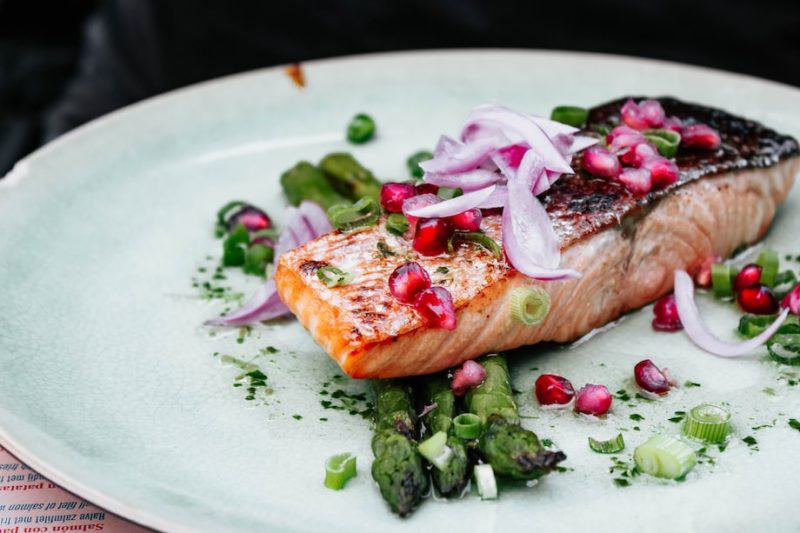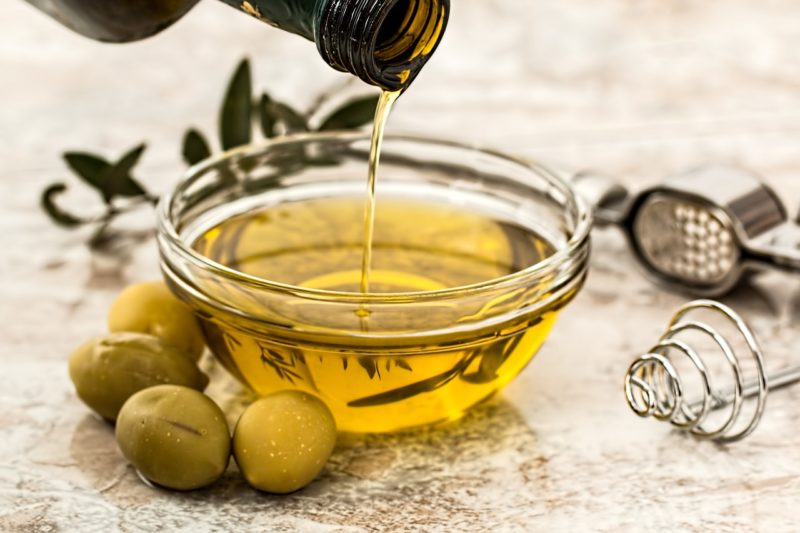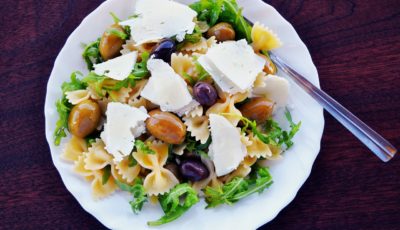Planning Your Meal in a Mediterranean Diet: A Beginner’s Guide
The Mediterranean diet is traditional in countries bordering the Mediterranean Sea. The diet is high in vegetables, fruits, whole grains, legumes, and olive oil. It also includes moderate amounts of fish, dairy, and wine.
This diet has many health benefits, including a lower risk of heart disease, diabetes, and weight loss. Interested but don’t know where to start? This beginner’s guide will show you how to plan your meals. Learn the diet basics and transition to this healthy way of eating.
What is a Mediterranean Diet?
The Mediterranean diet is a way of eating based on the traditional foods of countries bordering the Mediterranean Sea. This includes countries such as Greece, Italy, and Spain. The Mediterranean diet is not a restricting diet to be followed. Rather, it is a way of eating that focuses on consuming whole, unprocessed foods. These Mediterranean meals include plenty of fruits, vegetables, whole grains, legumes, and healthy fats.
The Mediterranean diet is also effective for weight loss and weight management. The Mediterranean diet is a great option if you are looking for a healthy way of eating that can improve your overall health and help you lose weight. The diet is based on the eating habits of people in these countries who have been shown to have a lower risk of heart disease and other chronic diseases. The Mediterranean diet is a great option if you’re looking to adopt a healthier way of eating.
Mediterranean Food List
The Mediterranean diet is very high in fiber, which is good for your digestive system. Besides fiber, foods like olive oil and seeds contain heart-healthy fats that benefit your heart health and brain function. The main focus of this diet is to eat a variety of foods low in saturated fat, cholesterol, and salt.
But with today’s busy schedules, finding the time to cook healthy meals from scratch can be difficult. One of the best things about the Mediterranean diet is that it is easy to find a Mediterranean diet meal delivery service that can bring all of your favorite dishes right to your door. This makes eating healthy and delicious easier than ever.
Here’s a list of foods commonly eaten in an everyday Mediterranean diet.
Fruits
Fruits are high in vitamins and minerals and contain antioxidants that help fight cancer and other diseases. Fruits also contain dietary fiber, which enables you to feel full longer, promoting weight loss. Apples, pears, oranges, pomegranates, avocados, grapefruit, kiwi fruit, melons, pineapples, tangerines, and tomatoes can be used.
Legumes
The Mediterranean diet is rich in legumes, an excellent plant-based protein source. Legumes also have a variety of other health benefits. For example, they help lower your cholesterol and blood pressure. It can lower your risk for type 2 diabetes and protects against certain cancers.
The beauty of legumes is that people can eat them in pretty much any way they want. You can add them to salads or soups for extra flavor and texture or use them as the main ingredient in a stew recipe. Legumes to plan in the Mediterranean diet are beans, lentils, peas, and peanuts.
Oils
Extra Virgin Olive oil is the most widely used cooking oil in the Mediterranean diet. The primary source of fat in this diet is olive oil. The olive tree is native to the Mediterranean region, growing wild and producing a fruit high in monounsaturated fatty acids. These fats are considered good oils because they are considered heart-healthy. Commonly used oils include almonds and avocado.
Vegetables
The Mediterranean diet has a lot to do with vegetables. The vegetables you eat should be as fresh, seasonal, and local as possible. They should also be as low-calorie as possible for maximum nutrition. They are a good energy source and nutrients such as magnesium and vitamin C. Examples are Artichokes, Asparagus, Beetroots, Broccoli, Cabbage, Carrots, Cauliflower, Eggplant, Green beans, and Kale.
Whole Grains
Grains are a big part of the Mediterranean Diet and are rich in fiber and nutrients. Whole grains like barley, brown rice, oats, quinoa, and wheat germ are high in fiber and contain many health benefits. Fiber can help you feel full for longer and more satisfied after a meal.
Whole grains also have a lower glycemic index than refined grains. This is because they have complex carbs that are slowly digested by your body instead of instantly converting into glucose. This helps keep blood sugar levels steady so you don’t get hungry or crave sugar or starches later in the day. They’re also great additions to soups or stews as a thickener or binder for extra body. Some people even add whole grains to their smoothies for extra fiber!
Beverages
Beverages play an essential role in a healthy Mediterranean diet. Water is the primary beverage of choice and should be consumed throughout the day. Red wine is a part of the Mediterranean diet and has been shown to have health benefits when consumed in moderation.
What to Moderate
When planning a healthy diet, there are many different options to choose from. One popular option is the Mediterranean diet, known for its many health benefits. As with any diet, there are also some things you should avoid when following the Mediterranean diet. Here are a few things to watch out for:
- Red meat is high in saturated fat and cholesterol, which can lead to heart disease. Red meat is moderately okay, but the Mediterranean diet is mainly plant-based. So if you’re used to eating a steak every night, you’ll need to cut back.
- Avoid processed foods – One of the primary principles of the Mediterranean diet is to eat whole, natural foods. Processed foods often contain unhealthy ingredients like salt, sugar, and fat. They can also be low in essential nutrients like vitamins and minerals.
- Sugar – sweetened beverages – Sugary beverages such as sodas and energy drinks have been linked to weight gain and diabetes.
- Refined oils – Omega-6 fatty acids are found in many common vegetable oils, like canola and corn. It is also on sunflower, safflower, soybean, and cottonseed seed oils. Omega-6s have been linked to inflammation and disease.
Conclusion
It’s essential to use Mediterranean Diet because it focuses on eating various foods. With a Mediterranean diet meal delivery service, you are more likely to stick with this diet. This diet also makes it easier to avoid having food additives which helps keep you healthy. A Mediterranean diet for weight loss does not have to be complicated. It often makes the foundation for the best ways to enjoy good flavors and health.
















